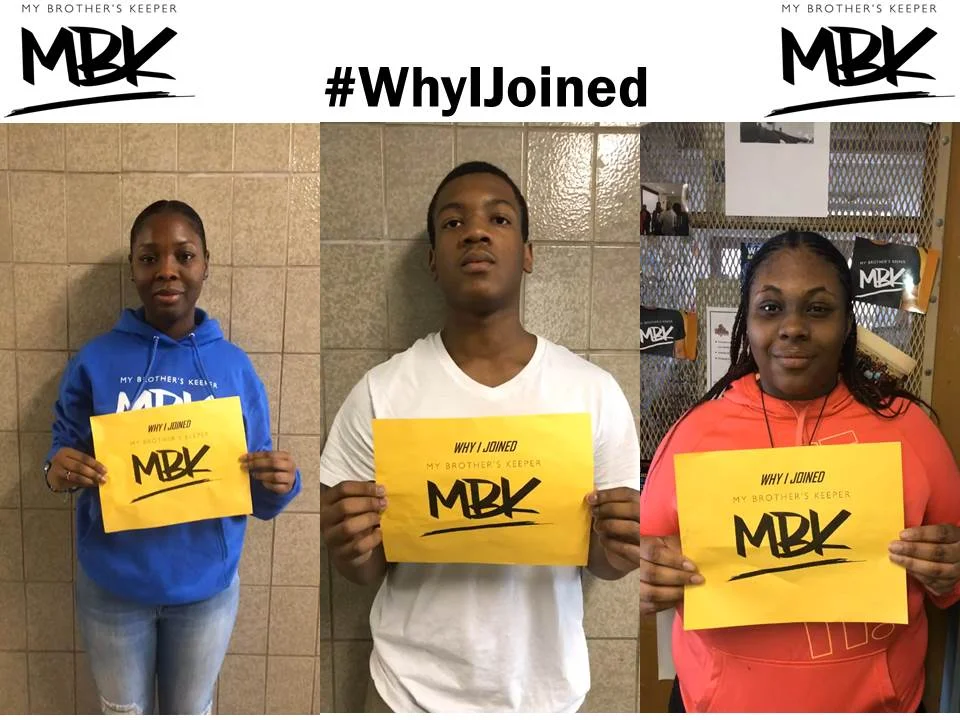We created #MBKNYC because we believed the power of connection - to positive role models, both adults and peers - heavily influenced students' attitudes about their academics, and more importantly, their self-image. We know an opportunity gap between boys and young men of color (BYMOC) and their white peers persists partially due to disconnection from a community of caring adults and mentors. Approximately two-thirds of Black children in America grow up in a single parent household. A father's absence increases the risk of their child dropping out of school. Blacks and Hispanics raised by single moms are 75 percent and 96 percent respectively more likely to drop out of school (McLanahan, 2013). Data suggests that BYMOC are disproportionately “disconnected” from more caring, non-parental adults, whereas in affluent families and communities, access to positive adult relationships occurs naturally and often intentionally for their youth. One study put the national rate of disconnection at 21.6 percent for Black youth, 20.3 percent for Native Americans, and 16.3 percent for Latinos; significantly higher than for Asian Americans (7.9 percent) or Whites (11.3 percent) (Lewis & Burd-Sharps, 2015).
While data only tell one part of the story and we know that many BYMOC do have caring, committed adults in their lives, it is worthwhile to note that many do not have access to a vibrant web of intentional guidance and support at an age when their adult identities, experiences, and skills are developing. Thus, many BYMOC face an uncertain transition to adulthood. Mentoring can be one of their pathways to success, helping them successfully navigate the transition from school to work and from childhood to adulthood.
An analysis of mentoring studies conducted by Jekielek, Moore, Hair, & Scarupa (2002) found that youth in mentoring relationships present with better attitudes and behaviors at school, fewer instances of drug and alcohol use, improved relationships with their parents, and fewer absences from school than their counterparts who were not mentored. A 2011 meta-analysis of 73 mentoring program evaluations conducted between 1999 and 2010 found a host of positive outcomes for mentored youth, including benefits with regard to youth’s attitudes, motivation, social/relational skills, academic outcomes, and physical health (DuBois, et al., 2011). The results of this analysis indicated that across these domains, mentoring both prevents negative outcomes and promotes positive ones.
It is evidently clear why #MentoringMatters especially for BYMOC. The #WhyIJoined series profiles individual members of the #MBKNYC community through transcripts of recorded interviews. We wish to share their experiences with a larger audience in order to provide a face in advocacy of more mentoring programs for BYMOC. It is our hope that their experiences contribute to the new narrative for our boys, one where the expectations and outcomes remain high and connections to positive role models – adults and peers – are vastly abundant.

